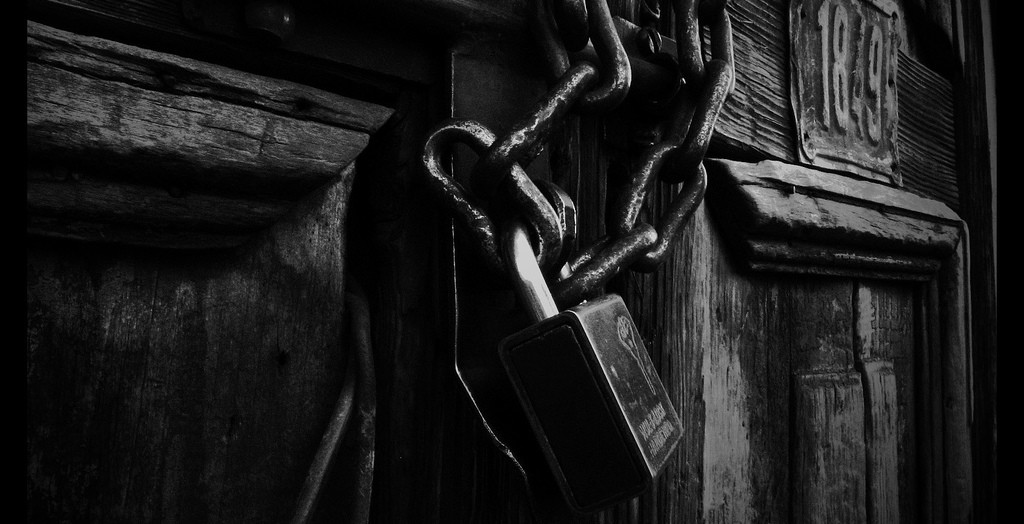The morning hours, just after I wake up, are the most important hours of my entire day.
Why? Because these are the hours that control what type of day I’m going to have.
Is it going to be a lazy day? Or is it going to be productive?
Am I going to get a little extra work done? Or do the bare minimum?
Is it a relaxing day? Or is it stressful?
Is it good or bad?
open or full?
Successful, or not?
All of this depends on what type of morning I have—and that’s why it’s so important for me to spend these hours wisely…
Because the success of my day at large is entirely dependent on the success of my morning.
But how do I ensure that every morning a success?





